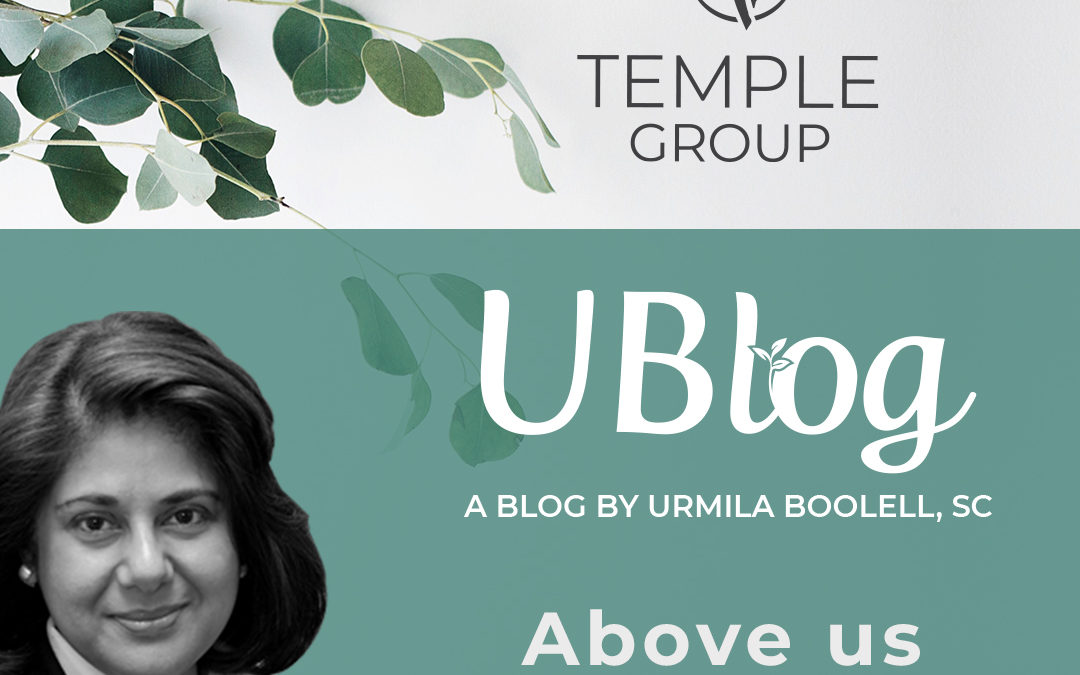In May 2020, in the midst of the Corona lockdown, Justice Gupta retired as a Judge of the Supreme Court of India.
Although most of us may not know much about him, he will no doubt be remembered for having disposed of 33 cases in a single day in 2017.
In his virtual farewell, feeling no doubt freed of the need to exercise restraint in the expression of his personal views, he denounced the inequalities in the law – going as far as saying that the rich were more favourably served by the legal system.
He used some very powerful words which deserve to be reproduced:
Our laws and our legal system are totally geared in favour of rich and the powerful. If somebody who is rich and powerful is behind bars then time and again, he will approach the higher courts during the pendency of the trial till some day he obtains an order that his trial should be expedited. This is done at the cost of the poor litigant whose trial gets further delayed because he cannot approach the higher court. […]
In this battle between the rich and powerful on the one side and the voiceless, poor and downtrodden on the other, the scales of justice can never be balanced equally. One cannot equate apples with oranges. If real justice has to be done then the scales of justice have to be weighted in favour of the underprivileged.
Such words coming from a country like India, which has a fearlessly independent press and a firm grounding in democracy, should give us food for thought in Mauritius.
Let ask the question bluntly – are the rich above the law ?
If we go on the premise that perception is more important than truth, then the answer must be in the affirmative.
Is it not true that convictions of rich and powerful people happen much more painfully and laboriously than those of the anonymous layman – who may not even have the luxury of a decent representation?
Is it not a fact that rich people seem to be less bothered by the “long arm of the law” than common mortals ?
Do we not witness numerous high profile cases of all sorts being appetizing fodder for a media hungry to catch a glimpse of the weaknesses of the great and mighty ? Everything from their love affairs, their messy divorces, their financial roller coasters, their heaps of cash stashed in exotic distant locations, their consumption of illegal substances – to their elegant brushes with the law (which we call crimes) – sets them as a class apart.
Admittedly, sometimes this publicity overkill does not always work in their favour – but we are here concerned with their ability to obtain the best legal advice to shelter them from the full force of legal sanctions.
Ironically, as much as these realities stare us in the face, we stubbornly convince ourselves of the existence of ideological principles – the most important of which is equality before the law.
This state of affairs is not a new phenomenon either. The Magna Carta proclaimed that even the King was not above the law. And yet British history is rife with excesses of the royalty – the most impressive being the arbitrary beheading of crowned queens. There are no records of legal retributions for what were known to be capricious abuses.
Throughout the world, and throughout history, there are countless instances of unequal treatment before the law. Some of these inequalities were even legalized … for instance colonialisation and slavery. It is only in very recent times that the trends have been reversed in a spirit of a more conscious respect of human rights.
For we are here in the realm of human rights – poverty and deprivation of basic human rights usually go hand in hand.
In this context, the wise words of Justice Gupta could not be more relevant. He said that it was the poorest of the poor who suffered the most during a crisis like the COVID-19 pandemic. It was the underprivileged who needed the attention of the Supreme Court now more than ever. A humane and compassionate judiciary was the need of the hour. Judges could no longer afford to live in ivory towers.
Before him Lord Denning had said “Be you ever so high, the law is above you”- Reading both judges together we are to conclude that the equalizer needs to be a just and humane judiciary.
